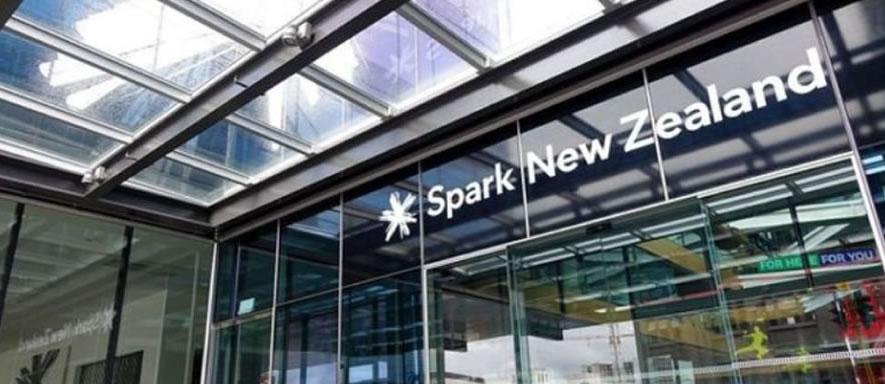Globe Telecom, one of the Philippines’ largest telecommunications providers, has launched the US$250 million Southeast Asia-United States (SEA-US) submarine cable system, providing direct links between Davao City and the United States. The 14,500-kilometer cable system uses 100Gbps transmission technology to deliver 20 terabits per second capacity (Tb/s).
Network News
Singtel launches near-gigabit data speeds at select high-traffic locations
Singapore’s Singtel is launching in phases, near-gigabit speeds on its LTE-Advanced network at selected high-traffic outdoor locations across the island. At 800Mbps, it is Southeast Asia’s fastest Gigabit-class LTE mobile data peak speed, delivering up to 60 percent faster download speeds than prevailing LTE services.
Huawei launches 5G-oriented mobile bearer solution ‘X-Haul’
Huawei officially released its 5G-oriented mobile bearer solution X-Haul on August 14. The solution has four core values: providing flexible access capabilities that can match the scenario of any site; implementing agile network operations based on a cloud architecture; enabling new service innovation through end-to-end network slicing; and supporting smooth evolution from 4G bearer networks to 5G bearer networks.
Spark developing nationwide LPWA network to enable IoT in New Zealand
Spark New Zealand announced that it has commenced the development of a nationwide low power wide area (LPWA) network to enable the Internet of Things (IoT). “At Spark our Ventures team has been working on the exciting possibilities of the internet of things and what it could mean for New Zealand,” said Spark’s GM for IoT, Michael Stribling.
Study finds 75% of end-users are willing to pay more for 5G
75 percent of end-user organizations would be willing to pay more for 5G mobile capabilities, according to a Gartner study in which over 200 IT and business leaders from the Gartner Research Circle participated in a survey conducted in the second quarter of 2017. The objective of the survey was to understand how demand for 5G is growing and to learn about adoption plans for the technology.
Nokia and WorldLink build Nepal's first 100G optical network for super-fast broadband
Nokia and WorldLink are upgrading 650-km-long backbone network with Nokia's 1830 PSS (Photonic Service Switch) DWDM (Dense Wavelength Division Multiplexing) technology to support bandwidth-hungry entertainment and enterprise services across Nepal. The intercity network stretches from Kathmandu to Bhairahawa and Birgunj, and provides international connectivity between Nepal and other countries including India.
Singapore tops global broadband speed tests
Singapore has been ranked number one in a test of broadband speeds across 189 countries. The data was collected across 12 months ending May 10, 2017, by Measurement Lab (M-Lab), a partnership between New America’s Open Technology Institute, Google Open Source Research, Princeton University’s PlanetLab, and others.
Ericsson to build NB-IoT system for Taiwan’s Chunghwa Telecom
Ericsson will build a Narrowband IoT (NB-IoT) system for Chunghwa Telecom, Taiwan’s largest integrated telecommunications services company, enabling the island to take its first steps toward joining the Internet of Things (IoT). Chunghwa Telecom will use the system to trial a range of IoT devices and applications in its laboratory.
Singtel, Ericsson, Huawei and ZTE teaming up to deploy Massive MIMO at special events
Singtel announced plans to deploy Massive MIMO (Multiple-Input Multiple-Output) technology commercially on its LTE-Advanced mobile network, to enhance mobile data speed experience by up to 200% at special events for its customers. A precursor to 5G technology, Massive MIMO is an advanced solution used to boost network capacity in highly dense environments.
Telstra CTO admits operator is pushing its LTE in preparation for 5G
The CTO of Australian incumbent Telstra has admitted that the telecommunications firm is pushing its gigabit LTE to maximize the most of its existing 4G network as it prepares for the forthcoming 5G era. Hakan Eriksson, CTO, said the primary objective behind Telstra’s strategy is to improve 4G as much as possible in order to be properly prepared for the introduction of 5G technology.


















